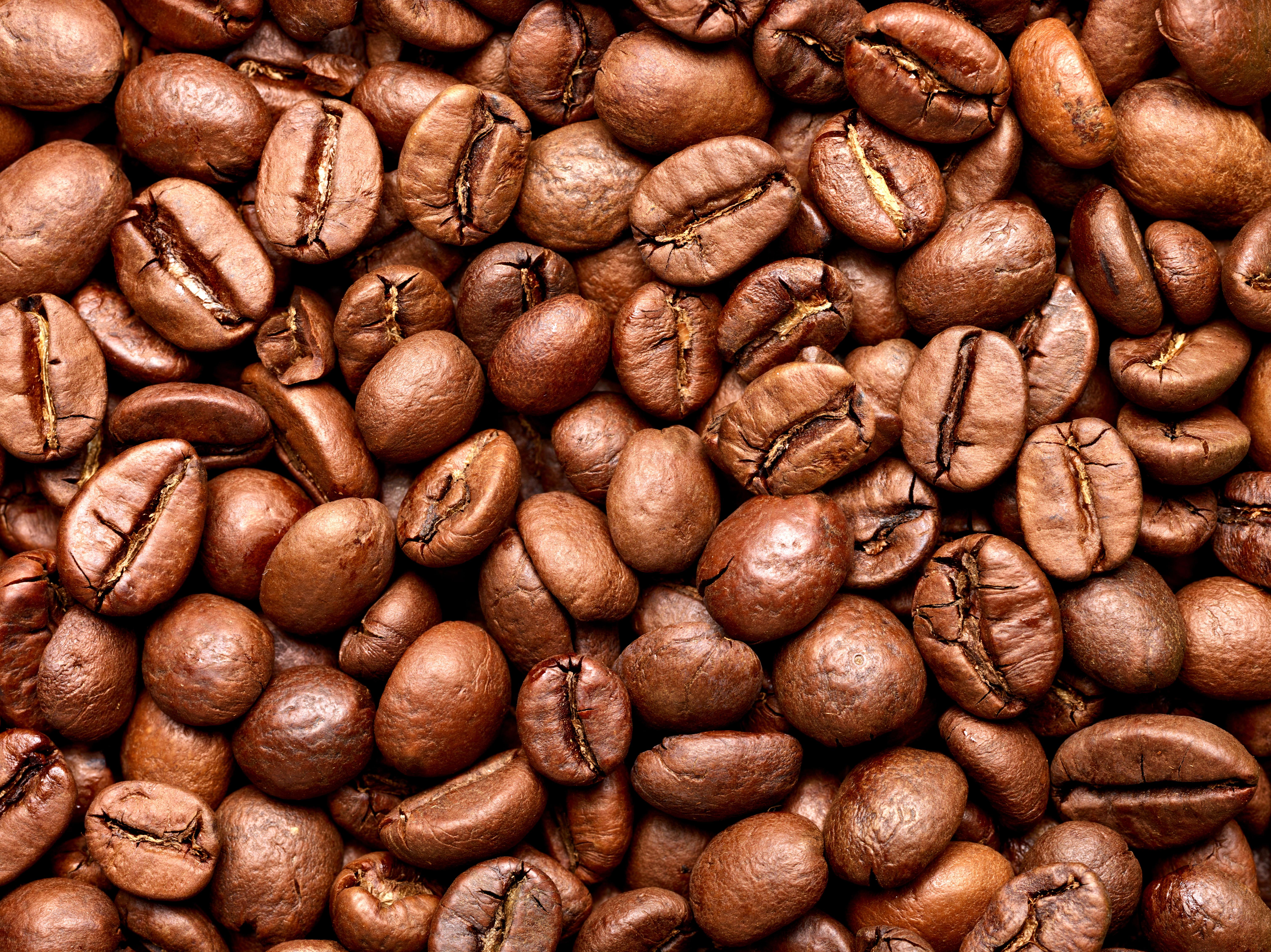11 Sneaky Brain-Fog Culprits Hiding in Your Daily Diet
5. Caffeine: The Double-Edged Sword

Caffeine is a popular stimulant known for its ability to enhance alertness and concentration. However, excessive consumption can lead to jitteriness, anxiety, and ultimately, brain fog. Caffeine impacts the central nervous system and can disrupt sleep patterns, leading to fatigue and mental cloudiness. Moderation is key; while a cup of coffee can be beneficial, excessive intake can be counterproductive. By balancing caffeine consumption and ensuring adequate hydration, you can harness its benefits without succumbing to its potential pitfalls.
6. Alcohol: The Cognitive Conundrum

Alcohol consumption, even in moderate amounts, can have a significant impact on brain health. Alcohol is a central nervous system depressant that can impair cognitive function and exacerbate brain fog. Chronic consumption can lead to long-term cognitive decline and memory issues. Alcohol also dehydrates the body, which can further contribute to mental sluggishness. Reducing alcohol intake and ensuring adequate hydration can help mitigate its effects on the brain. For those struggling with brain fog, cutting back on alcohol may lead to clearer thinking and improved cognitive performance.
